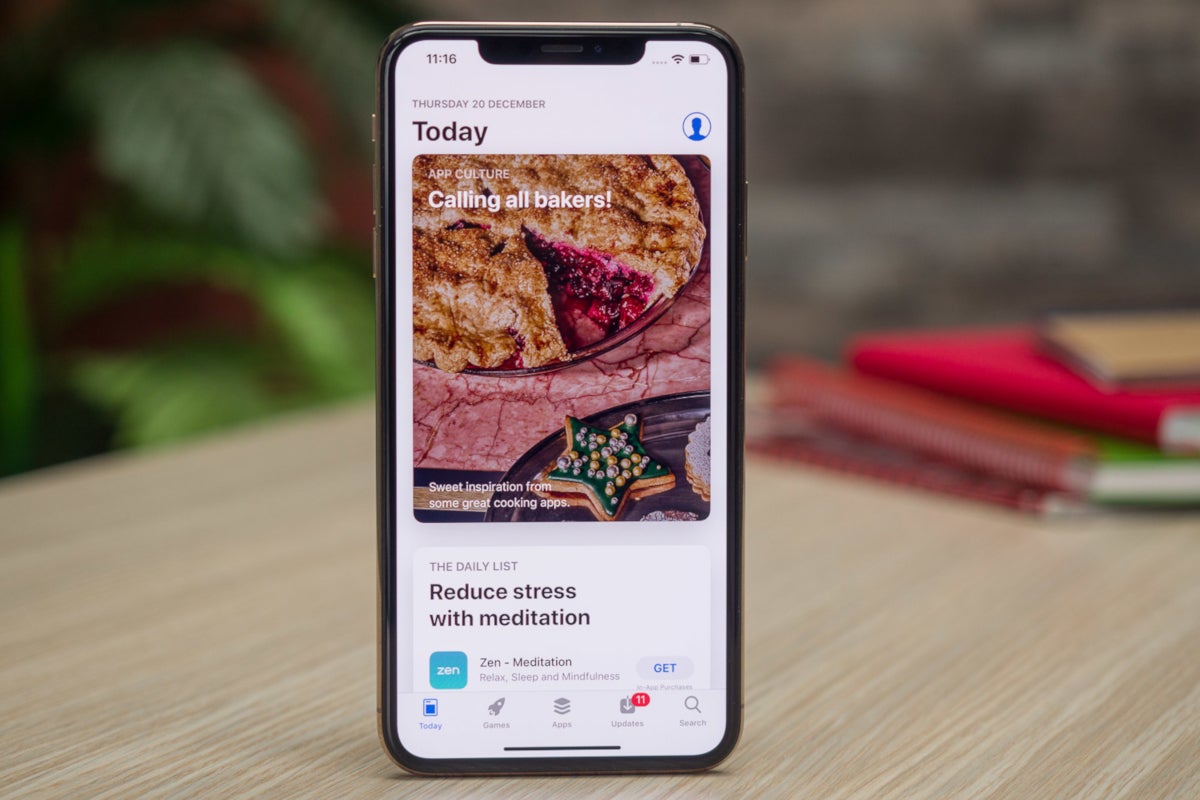Microsoft President tattles to Congress about Apple's App Store

As you might recall, Apple is being investigated by the U.S. and Europe over what is being called anti-competitive behavior. That is code for acting like a monopoly and violating anti-trust regulations. And it is all about how Apple takes a 30% cut of in-app purchases and subscriptions (although the latter drops to 15% after the first year) paid for through the App Store. You might ask yourself that if Google is doing the same thing, why isn't it in hot water? Well, Google is in hot water but not for the same reasons and there is a simple explanation for that. On iOS, if you want to install an app, you are locked into the App Store. Android users can sideload apps from a third-party app store like Amazon's, for example.
Microsoft survived its own antitrust battle with the U.S. government
Thanks to the walled garden, iOS users have no choice in terms of what they pay for an app. Last year, the U.S. Supreme Court ruled 5-4 that a class-action suit against Apple could continue in lower court. The plaintiffs argue that because of the monopoly Apple has over the App Store, they are forced to pay higher prices for paid apps. But it isn't just iOS users complaining about this alleged monopolistic behavior by Apple. Citing someone familiar with what went on, Bloomberg said on Monday that Microsoft president Brad Smith expressed his concerns over Apple's actions with the App Store to members of the House. Smith made his comments during a private discussion although he was invited to address the House of Representatives' antitrust subcommittee for an entirely different reason.

Apple's 30% cut of in-app purchases from the App Store could be anti-competitive
The Microsoft executive was invited to share his experiences when Microsoft battled the U.S. government over antitrust related charges in the 1990s. At the time, the software giant was accused of making it difficult for consumers to install software on their computers that competed with Microsoft's own Internet Explorer browser. Microsoft and the government agreed to a settlement and Microsoft signed a consent decree that has long since expired. Last month Smith said that regulators should investigate the rules used by various app stores that are available on different operating systems. While he didn't mention Apple's App Store specifically, a Microsoft spokesman later said that the iOS app storefront was exactly what he was referring to. He also said that what Apple is doing with the App Store has created a higher bar to fair competition than anything that Microsoft was accused of with Windows.
A hearing will take place next Monday with the CEOs of Apple (Tim Cook), Amazon (Jeff Bezos), Facebook (Mark Zuckerberg), and Google parent Alphabet (Sundar Pichai) on the hot seat. The executives will be facing the House Judiciary Antitrust Subcommittee. Last month, Rep. David Cicilline (D-RI) accused Apple of committing "highway robbery." He said, "Because of the market power that Apple has, it is charging exorbitant rents — highway robbery, basically — bullying people to pay 30 percent or denying access to their market. It’s crushing small developers who simply can’t survive with those kinds of payments. If there were real competition in this marketplace, this wouldn’t happen." Rep. Cicilline also stated, "Many people have come forward to share their experiences, who are terrified of economic retaliation, who are afraid they can’t survive the economic retaliation that these large platforms can impose because of the power that they have, and we intend to pursue those allegations very seriously. This is a real problem in the marketplace. This is a direct consequence of enormous market power, the fact that Apple is the gatekeeper for these developers, and we have heard many, many examples."
Google is being investigated for its alleged "Search" monopoly that lists its own products ahead of those from competitors and for demanding that phone manufacturers install Chrome and Search as the default browser and search engine on Google's licensed version of Android. Facebook could be challenged over its share of the social media market which includes Facebook, Messenger, and Instagram. The company also owns WhatsApp and recently purchased GIF search engine GIPHY. Amazon has been accused of taking advantage of its large share of e-commerce.
Follow us on Google News












Things that are NOT allowed:
To help keep our community safe and free from spam, we apply temporary limits to newly created accounts: